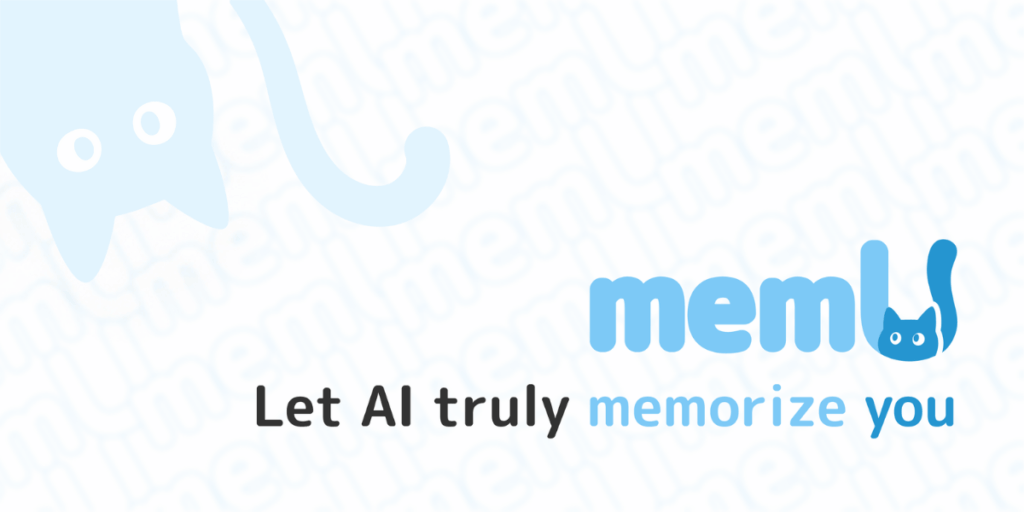Basic Information
MemU is an open-source memory framework designed to give AI companions persistent, organized and cost-efficient memory capabilities. It functions as an intelligent “memory folder” and a memory agent that automatically records, manages and links conversational data so assistants can remember user information and context across interactions. The project provides a cloud-hosted platform with managed APIs for quick integration, a Python client package for developers, and a self-hosted community edition for data privacy and customization. MemU emphasizes high accuracy in retrieval and reasoning, reports a 92% score on the Locomo benchmark, and claims up to 90% cost reduction through optimized processing and batching. The repository contains examples, an API reference, documentation for self-hosting and enterprise options, and tools to integrate memory into varied AI companion scenarios.








